We all experience skin problems from time to time, and scabs on the face are certainly no exception. Scabs arise for many different reasons and can be unsightly and uncomfortable. The good news is that there are treatments available to help you get rid of those pesky scabs quickly and safely. In this article, we’ll discuss the various causes of scabs on the face, the best ways to treat them, and some preventative measures you can take in order to keep them away for good. Read on to learn more about how to get rid of scabs on your face!
What are scabs?
A scab is a protective barrier that forms over a wound to promote healing. It consists of dried blood, dead skin cells, and plasma. A scab typically forms within 24 hours of an injury and falls off within days or weeks.
There are several ways to get rid of scabs on the face. These include:
-Washing the area with warm water and soap. This will help to loosen the scab and make it easier to remove.
-Gently rubbing the scab with a dry, soft cloth. This will help to exfoliate the dead skin cells and promote healing.
-Applying a topical ointment or cream to the area. This will help to soothe the skin and prevent the scab from drying out.
-Using a humidifier in the room where you sleep. This will help to keep the air moist and prevent the scab from drying out.
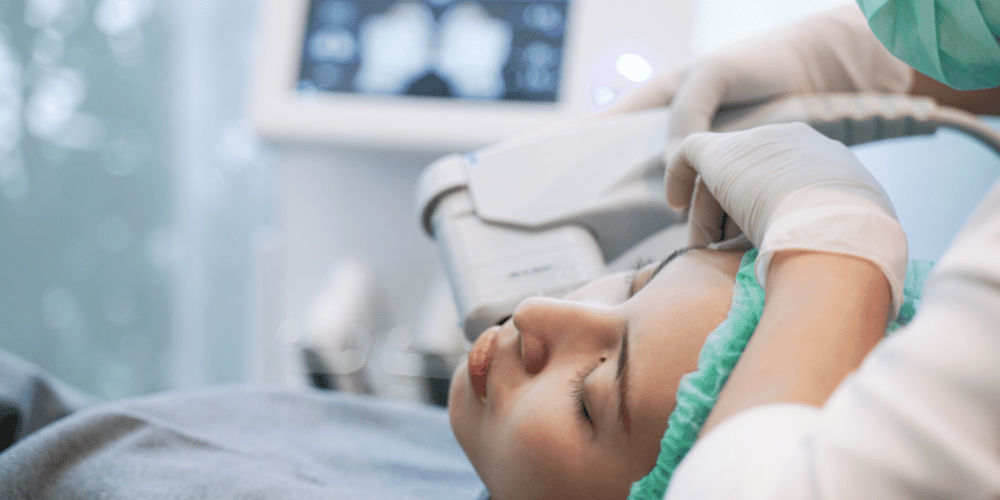
What causes scabs on the face?
There are many potential causes of scabs on the face. Some common causes include:
-Acne: Acne is a very common skin condition that can cause scabs on the face. acne is caused by a build-up of oil and dead skin cells in the pores, which can lead to inflammation and infection.
-Eczema: Eczema is a chronic skin condition that can cause scabs on the face. Eczema is characterized by dry, irritated, and inflamed skin.
-Dermatitis: Dermatitis is a general term for any inflammatory skin condition. There are many different types of dermatitis, but all can cause scabs on the face.
-Infections: Both viral and bacterial infections can cause scabs on the face. Infections such as chickenpox, impetigo, and shingles can all lead to scabbing on the face.
How to treat scabs on the face
If you have scabs on your face, there are a few things you can do to treat them. First, it’s important to keep the area clean. You can do this by washing the area with soap and water. Be sure to use a gentle cleanser so as not to irritate the skin. You should also avoid picking at the scabs, as this can cause them to bleed and become infected.
If the scabs are dry and crusty, you can moisturize them with a thin layer of petroleum jelly or other ointment. This will help to keep the area hydrated and prevent the scabs from cracking and becoming painful. If the scabs are large or bothersome, you can cover them with a bandage until they heal.
If you have an infection or your scabs are oozing pus, it’s important to see a doctor right away. They will prescribe antibiotics to clear up the infection and help speed healing.
How to prevent getting scabs on the face
To prevent getting scabs on the face, it is important to avoid picking at pimples or picking at scabs. It is also important to cleanse the face thoroughly and keep the skin hydrated.
Using a gentle exfoliant to remove dead skin cells and unclog pores can also help prevent scabs from forming. Applying an oil-free moisturizer can help keep the skin hydrated and promote healing.
Finally, it is important to avoid harsh skin care products that may irritate the skin and lead to scab formation.
What causes scabs?
Scabs are formed when the body’s natural healing process is activated in response to an injury. The body produces a protein known as fibrin, which helps to seal the wound and prevent further bleeding. In addition, cells called fibroblasts produce collagen, which helps to repair the damaged tissue. Once the wound has healed, the scab will eventually fall off.
How to get rid of scabs naturally
There are a few things you can do to get rid of scabs naturally. First, try using a humidifier to moisturize the air and your skin. This will help to prevent the formation of scabs. You can also try using a soft cloth or cotton ball soaked in warm water to gently dab the area. This will help to loosen the scab and make it easier to remove. Finally, you can try using a natural oil such as coconut oil or olive oil to help soften the scab and promote healing.
Medical treatments for scabs
If you have a scab on your face, there are a few different medical treatments that can help. One option is to use a corticosteroid cream or ointment. This can help to reduce inflammation and itching. Another option is to use an antibiotic ointment or cream. This can help to prevent infection and promote healing. Finally, you may also need to use a bandage to protect the scab from further irritation.
If the scab is particularly large or painful, you may need to see a doctor for further treatment. For example, they may be able to prescribe a stronger steroid cream or ointment, or use laser therapy to reduce pain and inflammation. It’s important to seek medical advice before treating any scabs on your face, as these treatments can cause side effects.
Medical treatments for scabs
There are a few different medical treatments that can be used to help get rid of scabs on the face. One option is to use a topical cream or ointment that is specifically designed to speed up the healing process and help to moisturize the skin. These can be found over the counter at most pharmacies.
Another option is to use a medicated bandage or patch. These can also be found over the counter and can be applied directly to the scabbed area. They work by keeping the area moist and protected from further irritation.
If the scabs are particularly large or stubborn, your doctor may prescribe a course of oral antibiotics. These are taken for around two weeks and work by reducing the inflammation and infection in the skin.
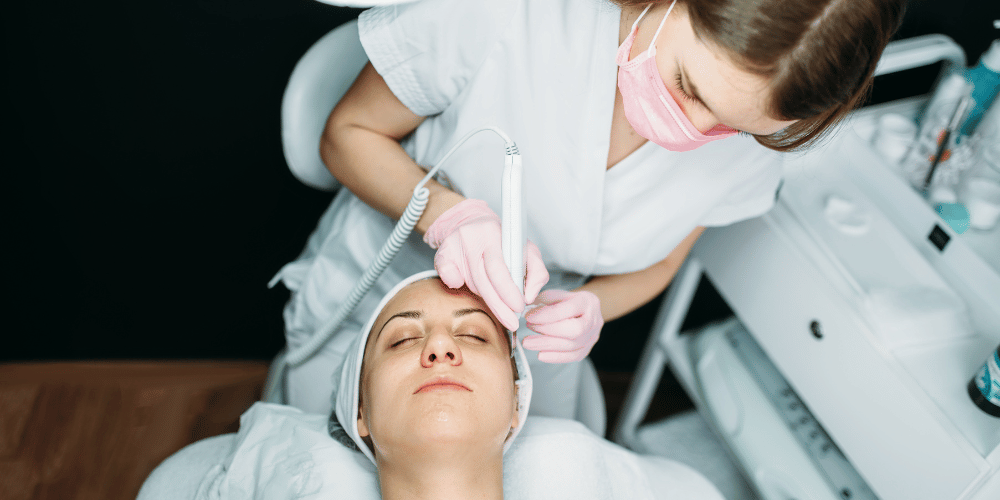
When to see a doctor for scabs
If your scabs are accompanied by other symptoms like fever, chills, or overall body weakness, it’s best to see a doctor. The same goes if the scabs are on your scalp, as this could be a sign of a more serious condition like ringworm. If the scabs are big or deep, if they’re not healing after two weeks, or if you just have lots of them, it’s also time to visit a doctor.
Conclusion
In conclusion, it is important to remember that scabs on the face can happen for a variety of reasons. While some causes may not be preventable, taking proactive steps such as following proper hygiene and avoiding harsh skincare products are key ways to help reduce your risk of developing facial scabs. If you do experience a scab on your face, try using home remedies such as honey or aloe vera gel to help relieve itching and promote healing. By taking these tips into consideration, you should be able to treat and get rid of any facial scabs in no time!

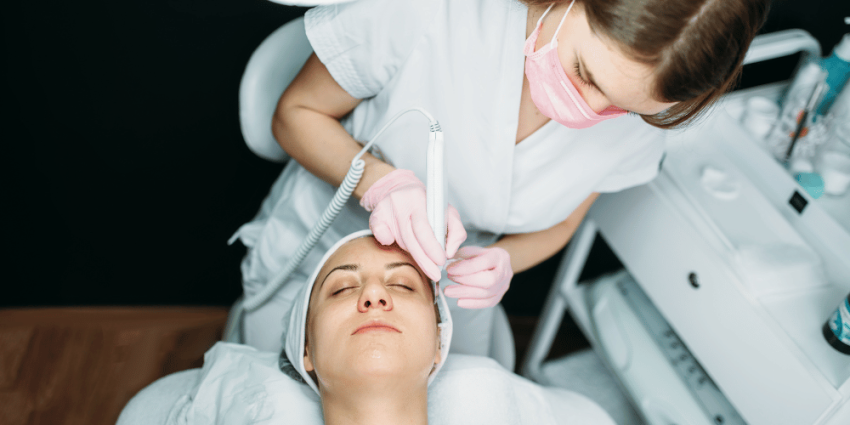


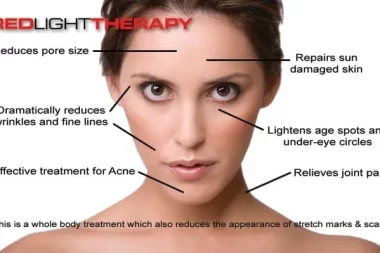
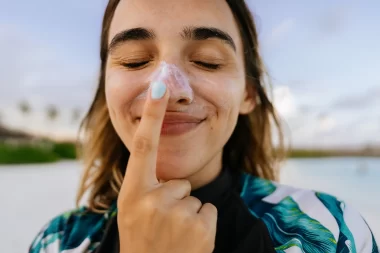
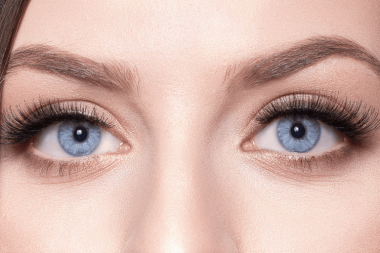
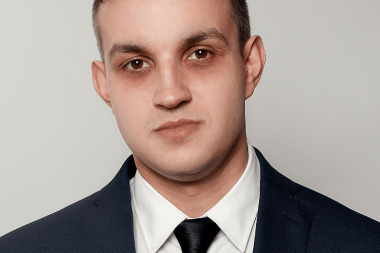
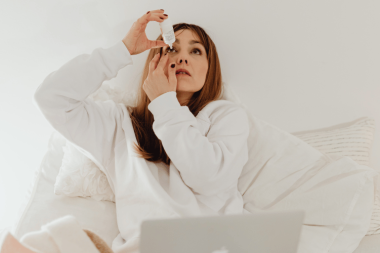
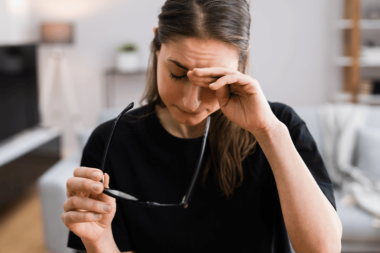
Leave a Reply